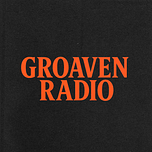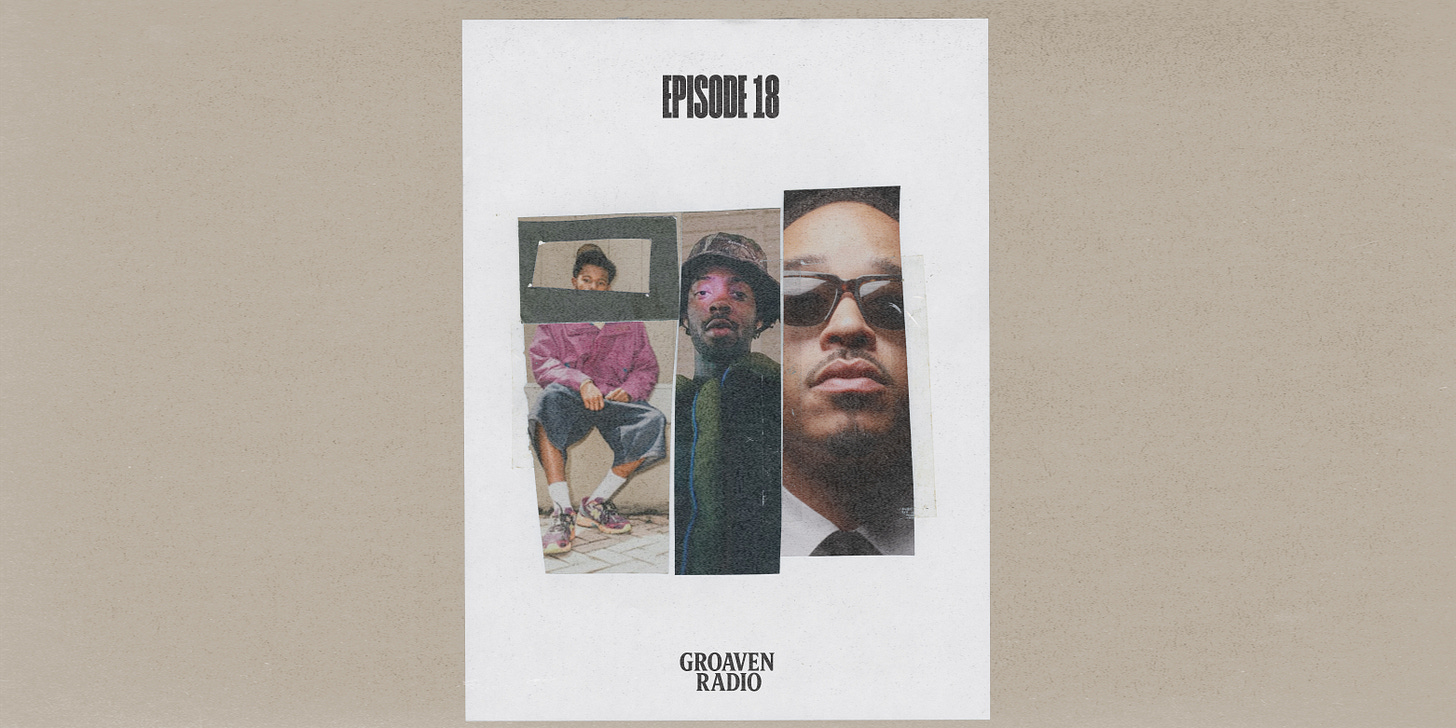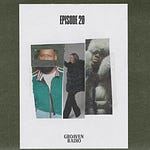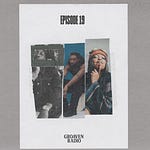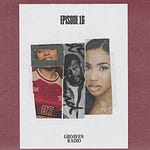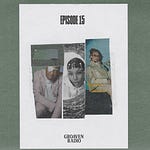GROAVEN Radio 18 is about grown-up love and self-respect—how people ask for better from partners, from themselves, and from the cities that raised them. La Reezy & PJ Morton’s “Baby” speaks to a person and a place at once, naming second line Sundays and streetcars before the reveal, “Ain’t no baby like my baby ’cause my baby is New Orleans,” a pledge that turns civic pride into romantic devotion without softening the accountability at its core. Äyanna sharpens that demand with quotable plain talk on “Be a Man,” flipping exasperation into standards—“Am I smoking a cig? ’Cause you be killing me slow”—and refusing to carry someone else’s immaturity. Brent Faiyaz’s “peter pan.” pushes in the other direction: a plea for proximity that reads like wish-casting, “Darling, open up your window… take my hand, ’cause it ain’t nowhere we can’t go,” a writer who knows fantasy can be a structure for intimacy. Arrested Development’s “Goal Dysmorphia” pulls the lens to the working artist’s mind: “I don’t have imposter syndrome,” they insist, then gripe about “two hundred and fifty dollars for an hour of talk,” later detailing status purchases and trophy-wall rituals as short-term fixes. Fiend adds a veteran’s steadiness with “Hit a Lil Different,” a 2025 entry that grounds the episode’s first half in street-level resolve rather than self-myth.
From there, the episode loosens into flirtation, reunion, and public joy. October London and The Colleagues design a sing-along scene with “Click Flash,” where the room is the hook—“All my people around me, I love them all, yes I do”—and belonging becomes the subject, not a backdrop. Tanner Adell’s “Tap That” turns barroom repartee into a winking chase—“You look like another round… with those amber eyes, I wanna drown in every ounce”—writing that hits because it’s playful without coyness. Tash’s “Eventually” carries the social-battery theme from another angle, admitting, “I used to act like I don’t need no friends… thought that I would hear from them eventually,” and finding melody in the ache of stalled calls. James Berkeley’s “My Lotus,” written, performed, produced, and mixed by Berkeley and co-written with Sipprell, folds that interiority into a private register that suits the song’s title. Loie’s “Favourite Thing” keeps the warmth public-facing; the single is co-written and co-produced with Ben Jones and Jake Edwards-Wood, and the simplicity of its declaration is exactly the point in a set that has already argued for clarity.


